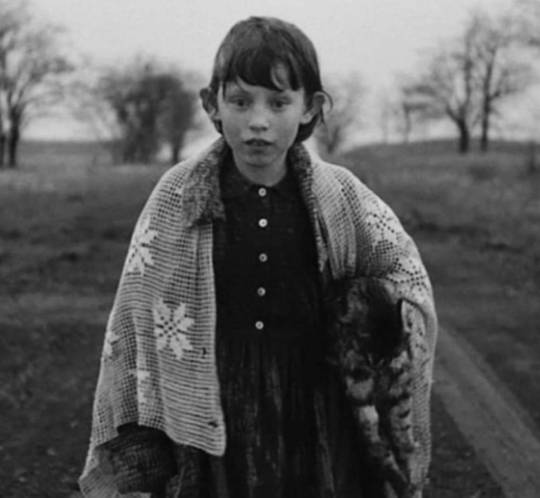#Bela Tarr
Text
FIRST TOTAL SOLAR ECLIPSE
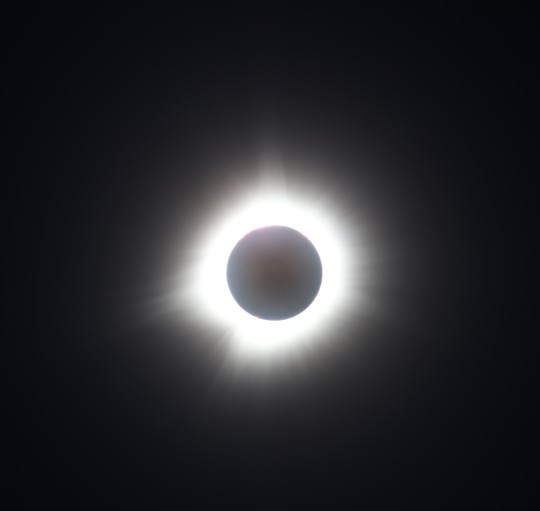
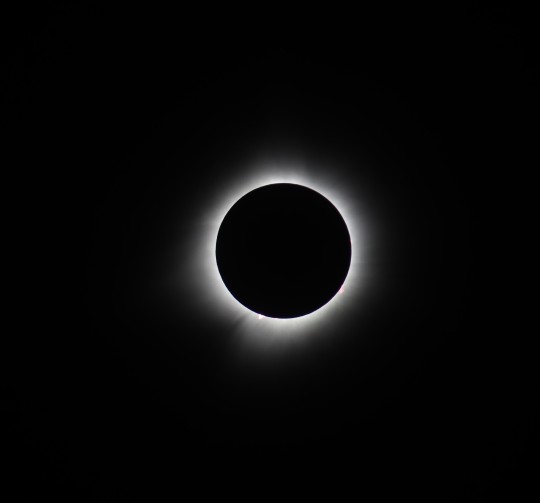
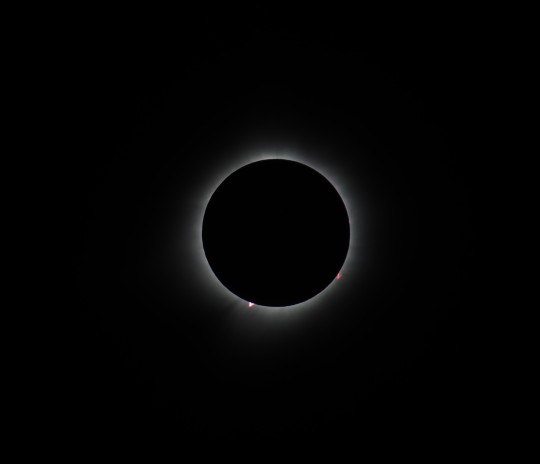
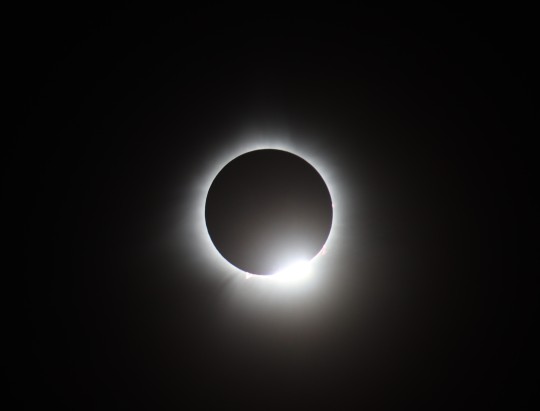
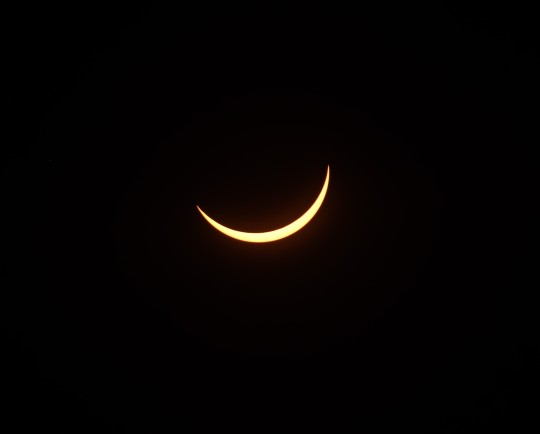
Images from my first total solar eclipse, depicting the outer corona, inner corona, prominent prominences, diamond ring, and the partial phase. Photos taken by Dan.
A black sun. Never had I seen a black sun, that insignia of melancholia that will forever remind me of Kristeva, which will forever remind me of M’s suicide—it was one of the few books M had with her at the very end, the book that her mother believed was the key to why she did it.
Black sun. On the day of—or day after—M’s death anniversary. I had been weeping for days when I found myself beneath that darkening sky.
*
What’s the difference between a partial and a total eclipse? I vaguely remember going onto the playground with some glasses as a child, but I don’t remember what I saw in the sky. What’s the big deal? The sky goes dark for a few minutes. It can’t be much different from the onset of night.
Wrong.
The rhapsodic scientists I listened to on various podcasts convinced me that there is really no comparison between a partial and total eclipse. I tried to hatch a last-minute plan to get myself in the path of totality. In the days leading up to the eclipse, I would be at the French King Bridge for M’s death anniversary. The only person I knew in Western MA, besides M’s mother, was my poet friend Ethan. So I asked him if he had a plan to see the eclipse.
I did not know, when I texted him out of the blue, that his parents lived in the path of totality in northern Vermont, that his father Dan was an astronomer (communist astronomer!) and eclipse chaser (this was his 14th eclipse), that Dan had even organized the local viewing event and wrote a book on the history of astronomy. At Ethan’s parents’ house there were literally photographs of eclipses mixed in with the family photos (see below). His father had even built a little observatory on his land. I had, in the most haphazard fashion, found the perfect guide to my first total solar eclipse.
Dan brought his equipment to the eclipse viewing: cameras, filters, binoculars, and a $4000 hydrogen alpha telescope that we used before the eclipse to look at the sun’s prominences and a sunspot on the surface. He enthusiastically answered all my questions. How had the Babylonians worked it out so long ago? Why does the wind pick up when the eclipse begins? Why is the sun’s corona so much hotter than the sun’s surface? (It’s still a mystery to the scientists…) Why why why. (People often tell me that I always ask a lot of questions—almost like an eternally curious child.)
The eclipse. It is not like the dimming of sunset, with its orange hues and plunge into the horizon, the low angle. It is a light unlike any light I have seen before, a strange dream-like atmosphere, a gray yet shimmering unreality, the air suddenly cold, the birds in a confused tumult. The uneven temperature of the atmosphere makes the wind pick up as the moon slowly covers the sun. Though the light was not the gold of sunset, you could see a band of orange on every horizon like a 360 degree sunset, an eerie gloaming that electrifies your skin.
A silence descended on the field as the moment of totality approached. Then, audible gasps—we couldn’t believe what we were seeing. I think the first thing I said was, “Holy. Shit.” Nothing prepared me for the numinous beauty of the sun’s corona, those elegant wisps of bright white light haloing the black sun. I think it’s probably the closest one can come to seeing God while alive on this earth. I cried during totality while observing the patterns in the corona through binoculars. A beautiful pink arch of plasma (a prominence) was visible toward the bottom of the sun. Dan pointed out Venus in the sky.
In the center of that black hole
there is an abyssal silence
I don’t know how to describe it. Celestial indifference to human endeavor, human emotion. A kind of coldness in that heat, the heat of the corona, beyond even the fires of Hell. Then I can hear the angelic squall of the corona ringing over the landscape. It is a sound full of grace even as it cannot be called happy.
I can see why the ancients might interpret an eclipse as an augur of something deeply ominous, perhaps apocalyptic. The experience is, at once, sublime, ecstatic, and deeply unnerving—all your perceptual faculties are telling you that something is wrong. The ongoingness of the world and its rules cannot be taken for granted, for the sun went black, not in my dream, but in the afternoon sky.
And just as soon as it began, it was over. We had almost 3 and half minutes of totality. I was surprised by how quickly the sky brightened, how much light we get when the sun is almost completely covered.
One day the moon will float away. There won’t be any more total solar eclipses. Be grateful you were alive during this slice of cosmic time.
youtube
This is my favorite scene in all of cinema, from Béla Tarr's Werckmeister Harmonies. Watch drunkards reenact an eclipse in a drab Hungarian bar...

Ethan and communist astronomer dad!
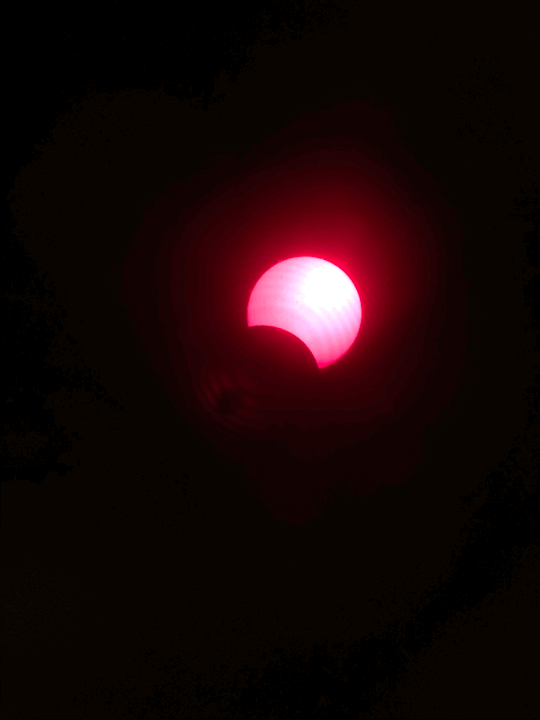


I even got eclipse-branded maple syrup (peak Vermont)

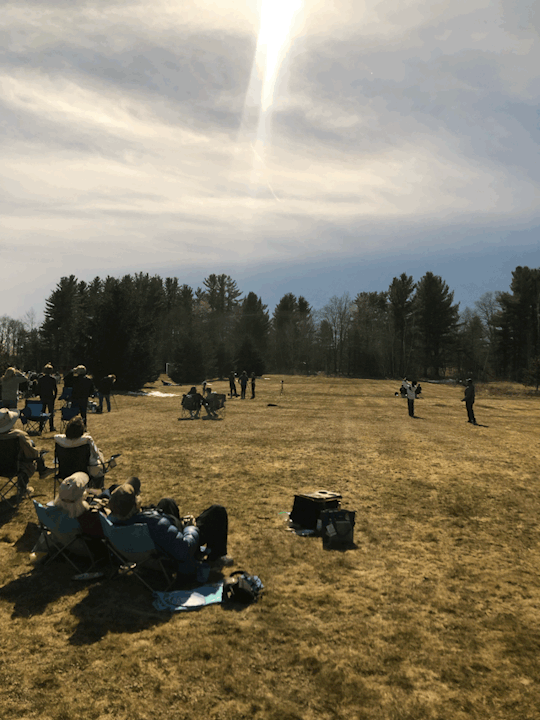

#eclipse2024#eclipse#total solar eclipse#solar eclipse#Werckmeister Harmonies#film#bela tarr#great american eclipse#béla tarr
38 notes
·
View notes
Text
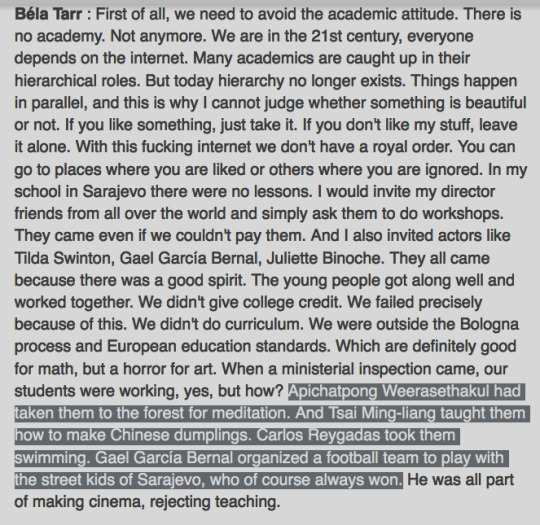
okay but, that's the dream
(Bela Tarr reflecting on film.factory, which went bankrupt after 3 years)
#i laughed out loud at chinese dumplings BUT PLS LET'S MAKE DUMPLINGS TSAI MING LIANG#apichatpong weerasethakul#LET ME MEDITATE WITH HIM#tsai ming liang#reygadas ehh but i do like swimming#gael garcia bernal#i'll just watch from the side w/e#someone on twitter brought film.factory up i had to go back and reminisce#film.factory#bela tarr#i google translated so that he in the last sentence is probs an it#juliette binoche#tilda swinton
103 notes
·
View notes
Text
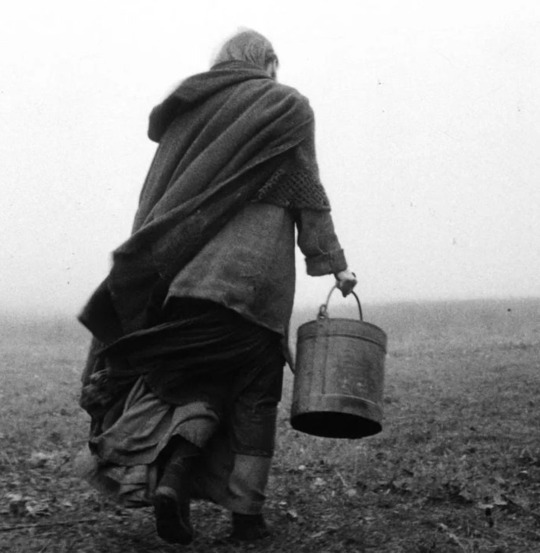
Béla Tarr
63 notes
·
View notes
Photo
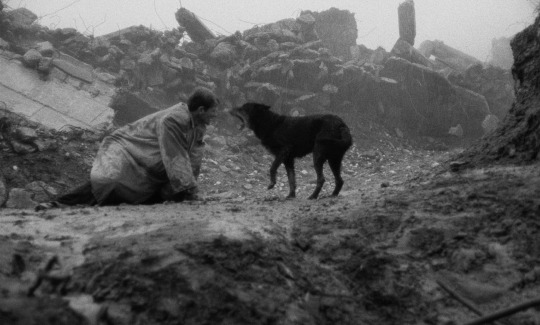
Kárhozat (1988) dir. Béla Tarr
130 notes
·
View notes
Text
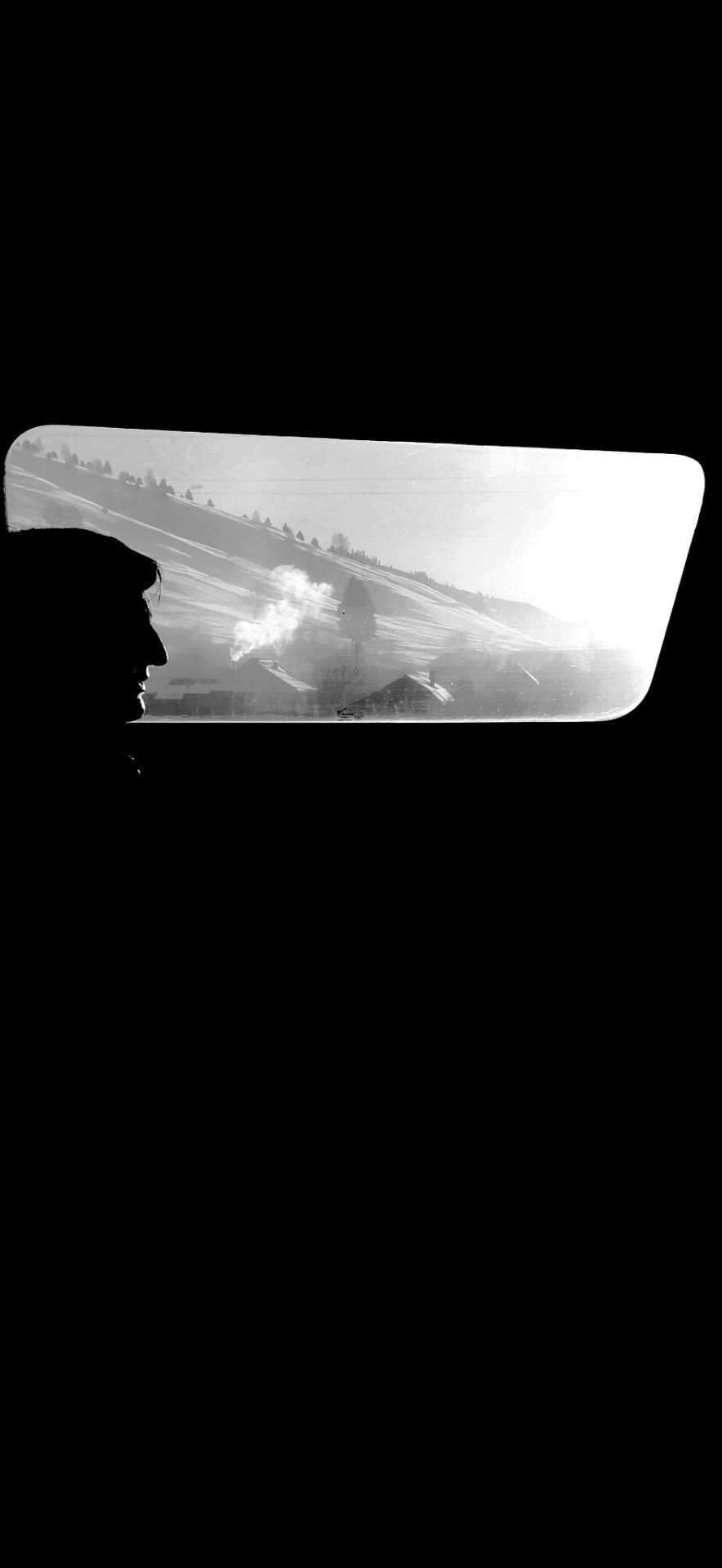
I’ve long understood there is zero difference between me and a bug, or a bug and a river, or a river and a voice shouting above it. There’s no sense or meaning in anything. It's nothing but a network of dependency under enormous fluctuating pressures.
Béla Tarr
143 notes
·
View notes
Text
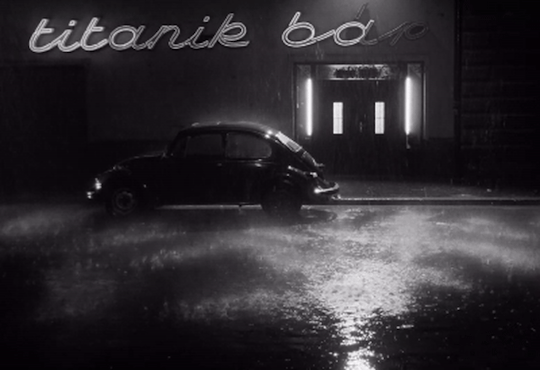
Damnation (1988) - dir. Béla Tarr
11 notes
·
View notes
Text
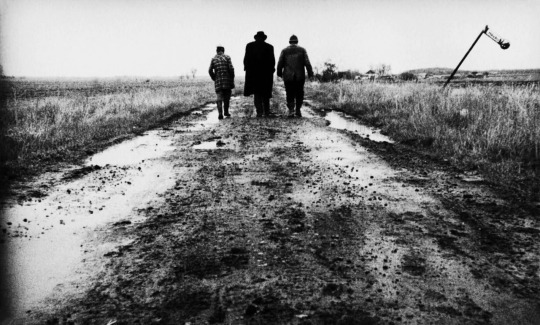
Sátántangó - Béla Tarr
41 notes
·
View notes
Photo
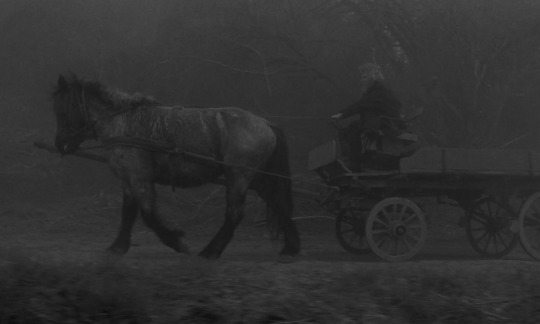
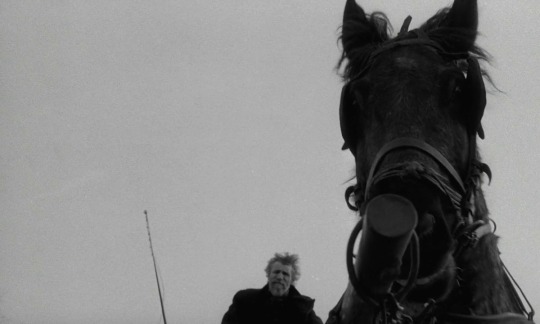
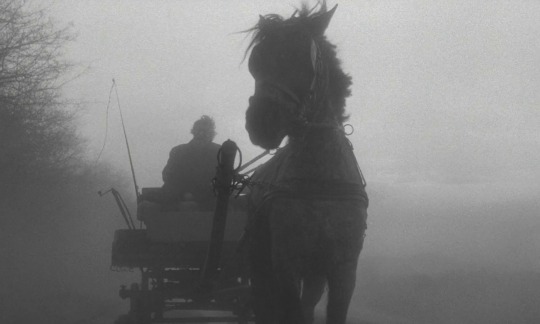
The Turin Horse, 2011
112 notes
·
View notes
Text
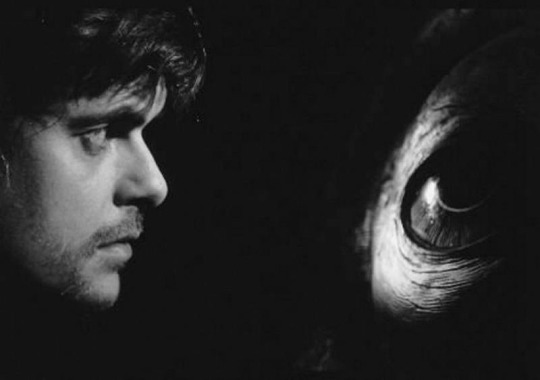
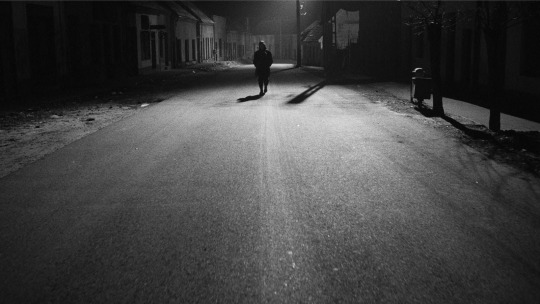

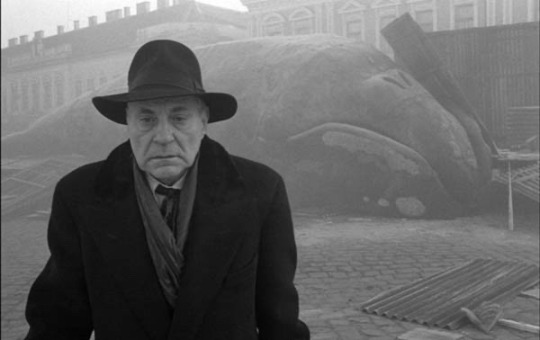
Need to watch this film again
Hungarian auteur Bela Tarr’s adaptation of Laszlo Krasznahorkai’s book “The Melancholy of Resistance,” known as: “The Werckmeister Harmonies”
Such a droning film with a beautiful score & the best long takes imaginable.
#art#poetry#author#books and reading#poem#books#film#film stills#slow cinema#art critique#bela tarr#laszlo cravensworth#contemplative cinema
10 notes
·
View notes
Photo
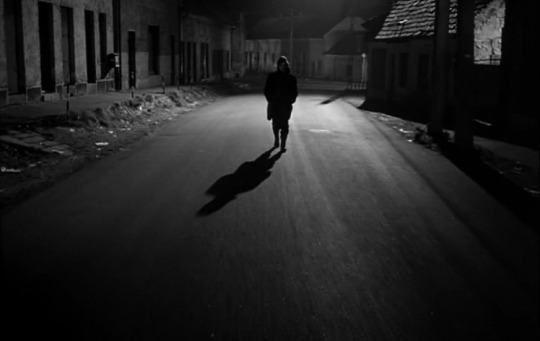
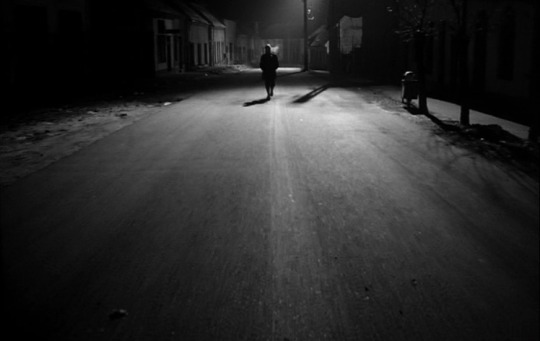
Werckmeister Harmonies, 2000, Bela Tarr
54 notes
·
View notes
Text

Sátántangó (1994, Béla Tarr, Hungary)
4 notes
·
View notes
Text
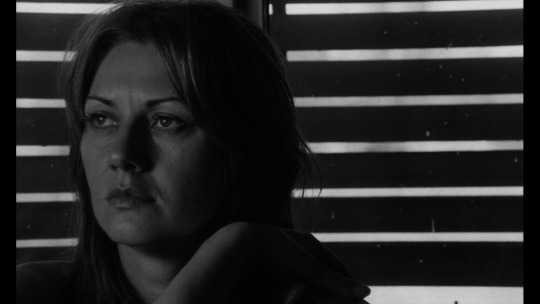
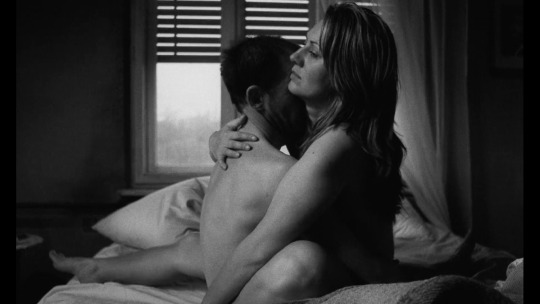

Damnation. Béla Tarr. 1988
17 notes
·
View notes
Photo
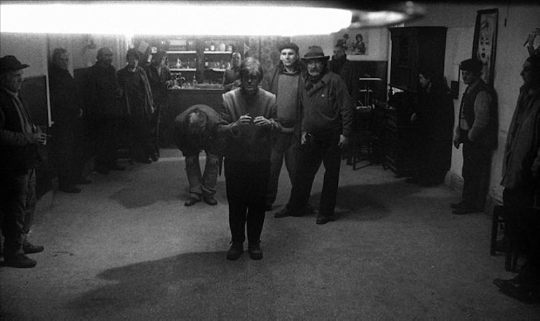
Seen (again) in 2023:
Werckmeister Harmonies (Bela Tarr & Agnes Hranitzky), 2000
#films#movies#stills#Werckmeister Harmonies#Bela Tarr#Agnes Hranitzky#women directors#Hungarian#Lars Rudolph#2000s#seen in 2023
18 notes
·
View notes
Text
instagram
2 notes
·
View notes
Text
My initial reading of Werckmeister Harmonies was through a geopolitical lens. A film from the year 2000, Werckmeister Harmonies came out of Hungary, a country that saw years of repression under the Soviet regime, only to watch all its neighbors engage in savage ethnic conflicts upon gaining their independence.
Therefore it isn't hard at all to draw a line between a dreamlike film about societal collapse released in 2000 and the fact that its country of origin was surrounded by and involved in the Yugoslav wars of the 90s. In fact, the Kosovo War started and ended while this film was being shot.
I don't think its incorrect to point out that Hungary's surrounding neighbors were descending into violent genocide when analyzing the film itself, but I will say that despite any influence the Balkan conflicts had on the film, The Werckmeister Harmonies was not *about* Eastern European ethnic cleansing.
Roger Ebert's review of this film quotes Belá Tarr as saying this about his film:
"I despise stories, as they mislead people into believing that something has happened. In fact, nothing really happens as we flee from one condition to another … All that remains is time. This is probably the only thing that's still genuine -- time itself; the years, days, hours, minutes and seconds."
It's clear that Werckmeister Harmonies is about something more universal than even music. It's about the cosmos, it's about rage and shame, it's about the nature of good and evil, it's about humans structuring reality, it's about mankind, and its about the wreckage they leave in their wake
The film tackles this in a 2 and a half hour waltz that uses only 39 takes, wafting you dreamlike through an atmospheric black and white landscape, addressing philosophy and God's creation in ominous shadows.
Anticipating a long introspective slog, I found myself entranced by the film, wafting along on its subtle rhythms, caught up in the steady movement of the camera intent on the sophistication of blocking that somehow never seemed flashy or even intentional but wholly captured singularity of purpose.
It's a good film, and one I didn't need to understand even as I understood it better than I thought I would. A must watch for anyone who can manage to find a copy.
8 notes
·
View notes
